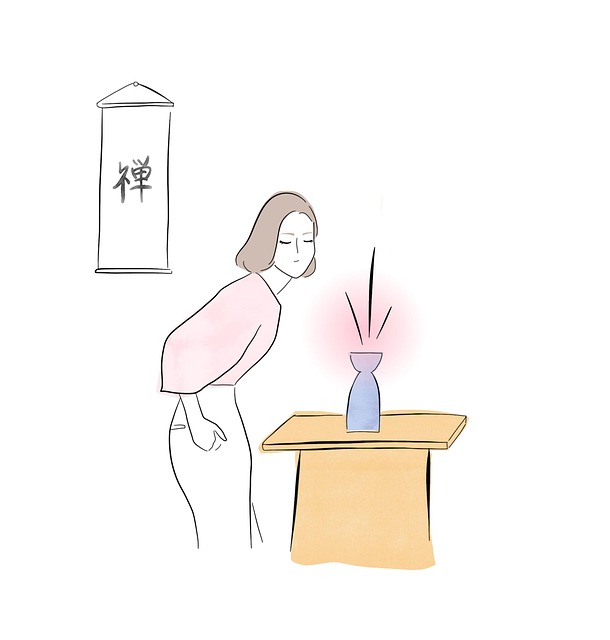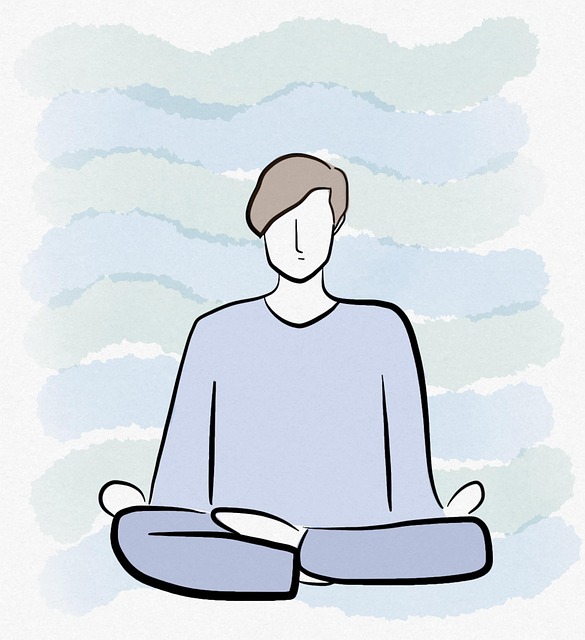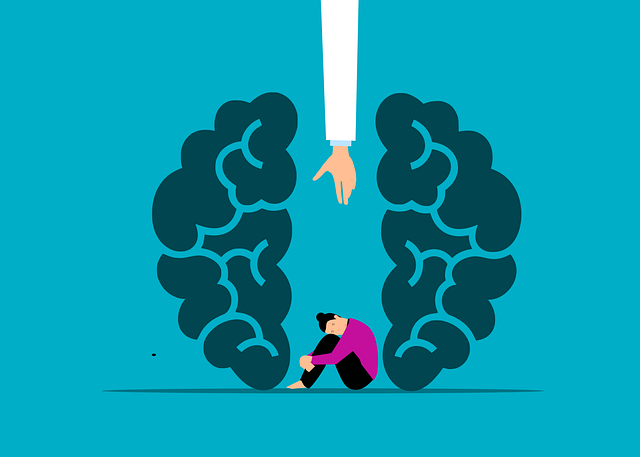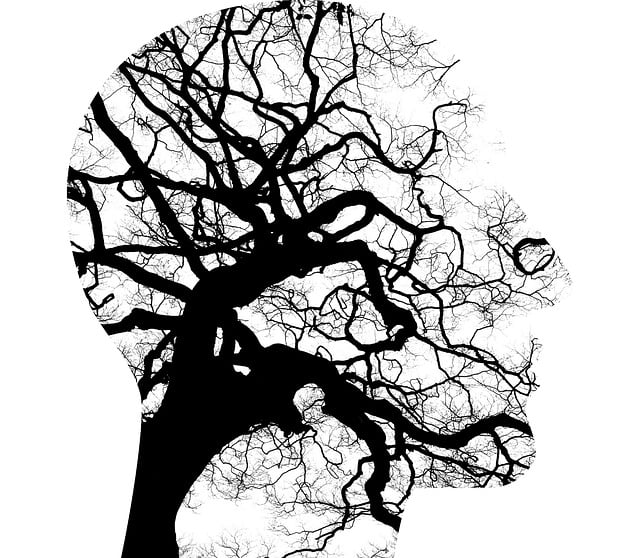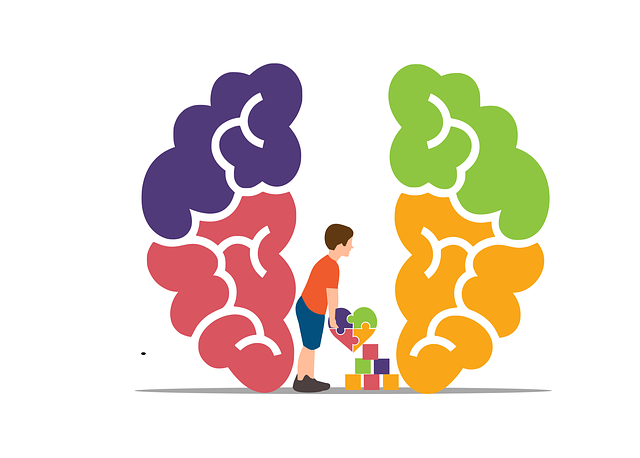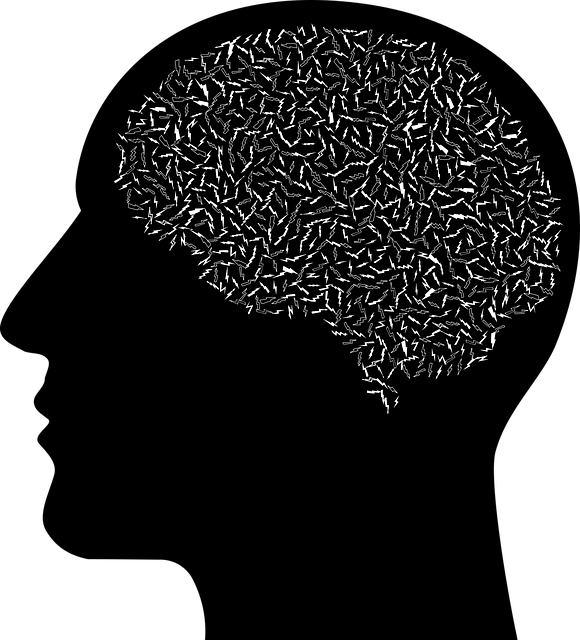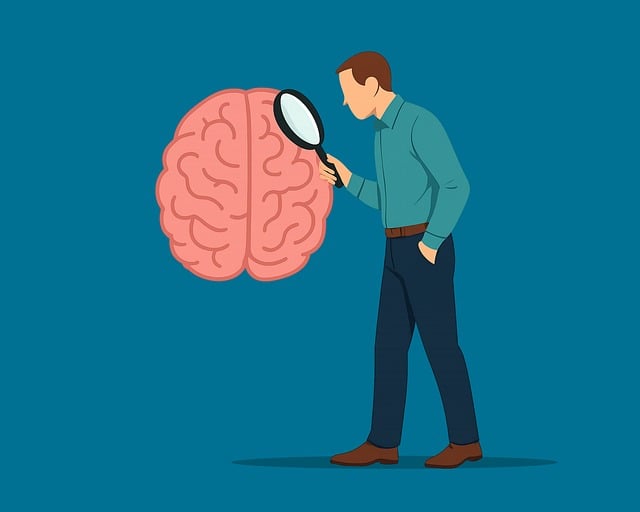Loss, grief, and bereavement significantly impact young adults' mental health, potentially leading to long-term issues like depression and anxiety if unresolved. Effective therapy for young adults struggling with sexual addiction involves guiding them through grief stages, teaching healthy coping strategies, integrating loss into their lives meaningfully, and promoting self-care routines. Cognitive-Behavioral Therapy (CBT) and Mindfulness-Based Therapies are integrated to address both bereavement and emerging mental health issues like sexual addiction. Holistic healing through individual counseling, group therapy, and self-care routines helps young adults process grief while building resilience and confidence, creating safe spaces for judgment-free sharing and personal growth.
“Grief and bereavement counseling is a vital support system for young adults navigating the complexities of loss. This comprehensive guide explores the intricate relationship between loss, grief, and bereavement, offering insights into their profound impact on this demographic. We delve into unique challenges faced by young adults, including their coping mechanisms and therapeutic needs.
The article covers various therapy approaches tailored to their populations and presents a delicate balance between grief counseling and sexual addiction treatment for young adults. Discover how these strategies enhance healing and recovery.”
- Understanding Loss, Grief, and Bereavement: A Comprehensive Overview
- The Impact of Loss on Young Adults: Unique Challenges and Coping Mechanisms
- Therapy Approaches for Grief and Bereavement in Young Adult Populations
- Integrating Sexual Addiction Treatment into Grief Counseling: A Delicate Balance
Understanding Loss, Grief, and Bereavement: A Comprehensive Overview

Loss, grief, and bereavement are complex emotional processes that every individual experiences at some point in their lives. Understanding these concepts is crucial when it comes to providing effective therapy for young adults, especially those dealing with issues like sexual addiction. In the context of therapy, recognizing and addressing loss can be a powerful tool for healing. Loss refers to the absence or deprivation of something significant, whether it’s a loved one, a relationship, or a part of oneself. Grief is the emotional response to loss, characterized by feelings of sadness, anger, guilt, and loneliness. Bereavement is the period after a significant loss, during which individuals process their emotions and adapt to life without the presence of their loved one.
The impact of loss extends beyond the initial grief period. Unresolved grief can lead to long-term mental health issues, such as depression and anxiety. This is where professional counseling becomes essential. Therapists help clients navigate the stages of grief, develop healthy coping mechanisms, and integrate the experience into their lives in a meaningful way. Self-care routine development for better mental health is another crucial aspect, especially for young adults who might be navigating additional challenges like sexual addiction. Risk assessment for mental health professionals is also vital to ensure they can provide appropriate support while preventing burnout, which is common in high-stress healthcare settings.
The Impact of Loss on Young Adults: Unique Challenges and Coping Mechanisms

Loss, grief, and bereavement can significantly impact young adults, often presenting unique challenges due to their stage in life. When a major loss occurs, such as the death of a parent or close friend, many young people struggle with feelings of confusion, isolation, and an identity crisis. This is especially true if the loss was unexpected, leaving them to navigate a new reality without the support system they once relied on. Unlike older adults who may have a more established support network, young adults often face the additional burden of managing sexual addiction or other personal struggles, further complicating their journey towards healing.
These individuals might turn to therapy for young adults, which can offer specialized care tailored to their needs. In the context of mental wellness, self-care practices and anxiety relief techniques become crucial tools in coping with loss. The Mental Wellness Podcast Series Production can provide valuable resources, while self-reflection and engaging in activities that foster mental clarity can aid in processing grief. By combining therapy with self-care, young adults can develop healthy coping mechanisms to navigate the complex emotions associated with loss and bereavement.
Therapy Approaches for Grief and Bereavement in Young Adult Populations

Grief and bereavement counseling for young adults often involves specialized therapy approaches tailored to this unique demographic. Given the increased prevalence of mental health issues among young adults, including sexual addiction, therapists must be equipped with strategies that address these specific challenges. Cognitive-Behavioral Therapy (CBT) has proven effective in helping young adults process their grief while also managing any co-occurring disorders. This approach focuses on identifying and changing negative thought patterns related to the loss, which can be particularly useful for those struggling with guilt or self-blame.
Additionally, Mindfulness-Based Therapies have gained popularity as a way to enhance coping mechanisms and stress reduction methods for young adults dealing with bereavement. These programs are designed to teach participants how to stay present and manage their emotions without judgment. In the context of sexual addiction, mindfulness can help individuals develop healthier relationships with themselves and others, reducing risk factors associated with mental health crises. Effective therapy also incorporates risk management planning for mental health professionals, ensuring a safe and supportive environment for young adults navigating complex emotional landscapes.
Integrating Sexual Addiction Treatment into Grief Counseling: A Delicate Balance

Integrating sexual addiction treatment into grief counseling is a delicate process that requires immense care and expertise. Many young adults struggling with grief often turn to unhealthy coping mechanisms, including substance abuse and sexual addiction, as a means to numbed their pain. Therefore, addressing these co-occurring disorders is vital for a holistic healing process. This approach demands a nuanced understanding of both fields, ensuring that the sensitivity of grief is respected while providing effective support for sexual addiction.
Therapy for young adults with sexual addiction involves a combination of individual counseling, group therapy, and the development of a robust self-care routine. By incorporating these elements, therapists can help individuals process their grief while building resilience and boosting confidence. The focus should be on creating safe spaces where clients feel empowered to share their experiences without judgment, fostering an environment conducive to personal growth and recovery.
In navigating the complex landscape of loss, grief, and bereavement, especially among young adults facing unique challenges, counseling plays a pivotal role. The article has explored various aspects, from understanding these emotions to specific therapy approaches tailored to this demographic. Integrating sexual addiction treatment into grief counseling requires a delicate balance, addressing co-occurring disorders effectively. By recognizing the impact of loss and employing appropriate therapeutic methods, including innovative strategies for young adults with sexual addiction, we can foster healing and support those navigating these sensitive issues. This comprehensive overview underscores the importance of specialized counseling in enhancing well-being and promoting resilience during times of profound change.

